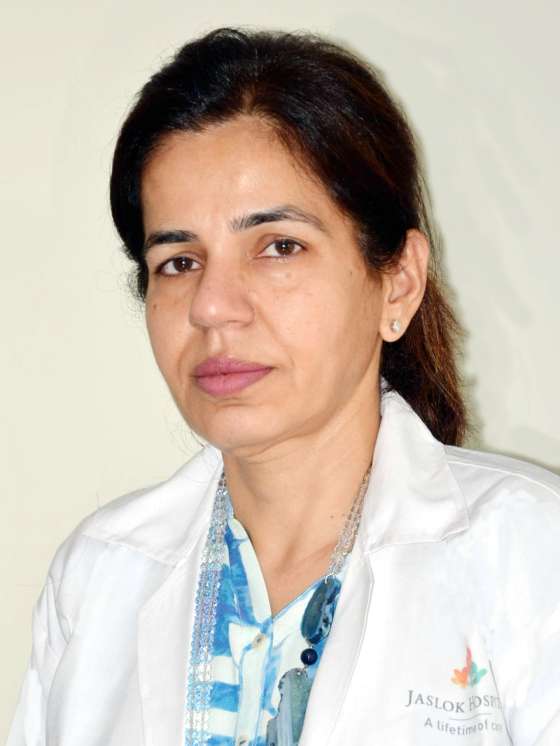This article is a part of a series by The Better India to share verified information about COVID-19 care. While several posts on various aspects of fighting COVID-19 are being circulated on social media and messaging services like WhatsApp, we urge you not to trust unverified content. To separate fact from fiction, we will be sharing the videos and content with doctors and experts and bring you their responses with scientific research-backed information.
A few days ago, I received a WhatsApp forward on a family group that warned against getting any sort of anaesthetic, local or general, after being vaccinated. The message warns that doing so might be highly risky and could also pose a threat to life.
[Vaccination Warning] Anyone who has been vaccinated against coronavirus is prohibited from taking any type of anaesthetic, even local anaesthetics or dentist’s anaesthetics, because this poses a great danger to the life of the vaccinated person and is highly dangerous. There is a possibility of death. Therefore, the vaccinated person must wait 4 weeks after the vaccination. If he has a reaction, he can administer anaesthetic only 4 weeks after the antibody develops. A Pharmacy friend’s relative was vaccinated two days ago. He went to the dentist yesterday and died immediately after receiving local anaesthetics. After reading the warning about the coronavirus vaccination in the vaccine box, we discovered that after the coronavirus vaccine was given, there was a warning not to take anaesthetics.
Please spread this information to protect your family, relatives, friends and everyone. [sic]
So what is the truth behind this? Dr Mala Kaneria, Director at Department of Infectious Diseases, Jaslok Hospital and Research Centre, helps understand this.
Dr Kaneria tells The Better India, “The above information is incorrect and does not have a scientific basis. Non-elective surgery is sometimes deferred prior to vaccination, NOT because of the fear of any interactions with anaesthetic agents, but in order to ensure a fully vaccinated status that may protect an individual in the hospital atmosphere.”
“Furthermore, symptoms post vaccination such as fever and myalgia, which occur in the first seven days, may sometimes cause confusion in the post-operative period,” she adds.

An anaesthetic is a drug that results in a temporary loss of sensation or awareness. While general anaesthesia is administered to induce a state of unconsciousness during surgery and prevent pain during a medical procedure, local anaesthesia is administered to numb a specific part of the body. The effects of both are short-lived.
Confirming that the information in this WhatsApp message is fake, the Press Information Bureau (PIB) Fact Check also issued a statement debunking this theory and urged people to get vaccinated at the earliest.
A post claiming that anaesthetics can be life-threatening for #COVID19 vaccinated people is doing the rounds on social media#PIBFactCheck:
▶️This claim is #FAKE
▶️There is NO scientific evidence till date to confirm the claim
▶️Don’t fall for misinformation. GET vaccinated pic.twitter.com/y6SASyZPQl— PIB Fact Check (@PIBFactCheck) June 16, 2021
(Edited by Divya Sethu)
No comments:
Post a Comment